Improving fertility in peritoneal endometriosis
Endometriosis is the most common gynecologic disease that affects 10-15% of women in their reproductive age. The causal relationship between endometriosis and infertility is not clear yet, but adhesions and anatomical distortions due to the progression of the disease are…
Key Points Lay SummaryAntioxidant astaxanthin has promising effects on endometriosis-related infertility.
Dr. Rostami and colleagues from the Tehran University of Medical Sciences, Iran, have published a pioneering clinical study on the effects of antioxidant astaxanthin supplementation in infertile endometriosis patients in the scientific journal named Frontiers in Endocrinology. A complicated network…
Key Points Lay SummaryOvarian endometriomas, ovarian reserve, oocyte quality and IVF/ICSI outcomes
Surgery and assisted reproductive technology (ART) are the preferred treatments for endometrioma in infertile patients. When ART is considered, surgery may seem to have no advantages, as it may not improve pregnancy outcomes and may carry the risk of decreasing…
Key Points Lay SummaryThe impact of laser vaporization on reproductive outcomes in women with endometrioma
Despite extensive research, the optimal method for the management of endometriosis still remains unclear. Excisional surgery is claimed with a more favorable outcome than drainage and ablation regarding the recurrence of disease and symptoms. On the other hand, cyst vaporization…
Key Points Lay SummaryEndometrioma, Fertility, and Assisted Reproduction
Endometriosis can negatively impact a woman’s health and quality of life. Surgery has been considered the primary treatment to overcome infertility in cases of ovarian endometrioma. Patients struggling with endometriosis often pursue assisted reproductive technologies (ART) due to fertility issues.…
Key Points Lay SummaryEndometriosis Reduces Chance of Having a Baby Even with Assisted Reproduction, Study Shows
Endometriosis significantly decreases the likelihood of conceiving even with assisted reproductive technique such as in vitro fertilization (IVF) and Intracytoplasmic sperm injection (ICSI), according to a study published in the European Journal of Obstetrics & Gynecology and Reproductive Biology. In…
Lay Summary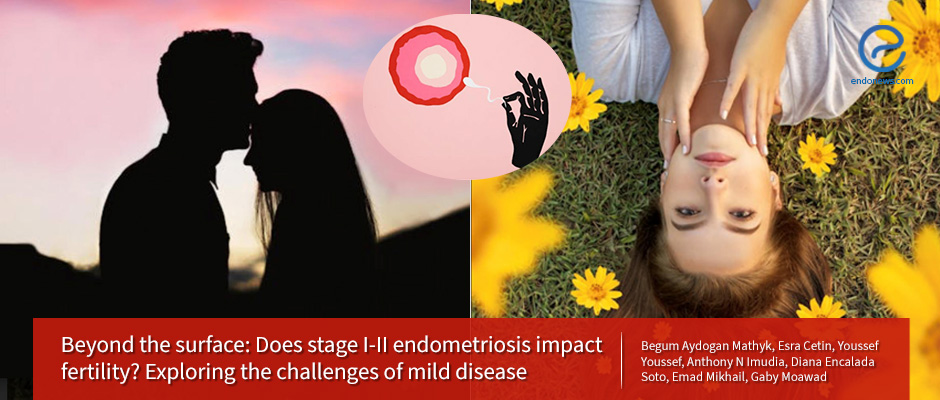
 By Selma Oransay
By Selma Oransay
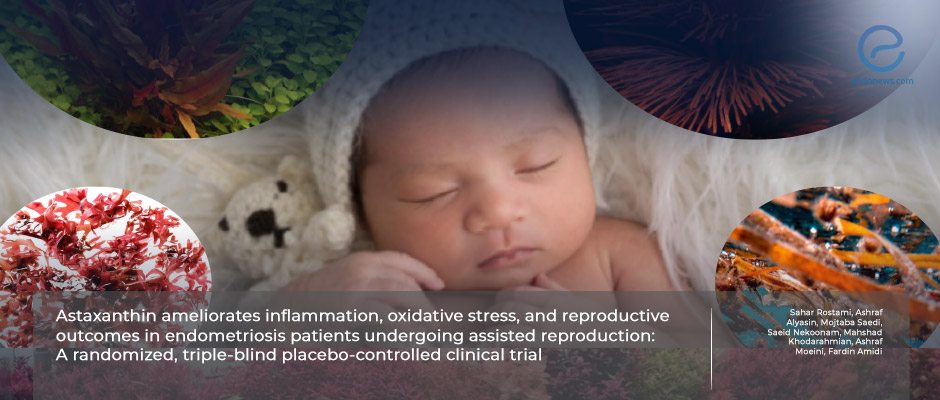
 By Nasuhi Engin Aydin
By Nasuhi Engin Aydin
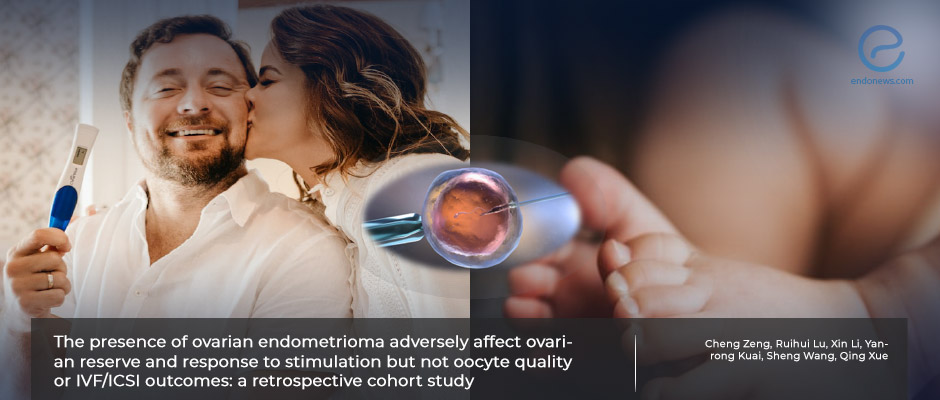
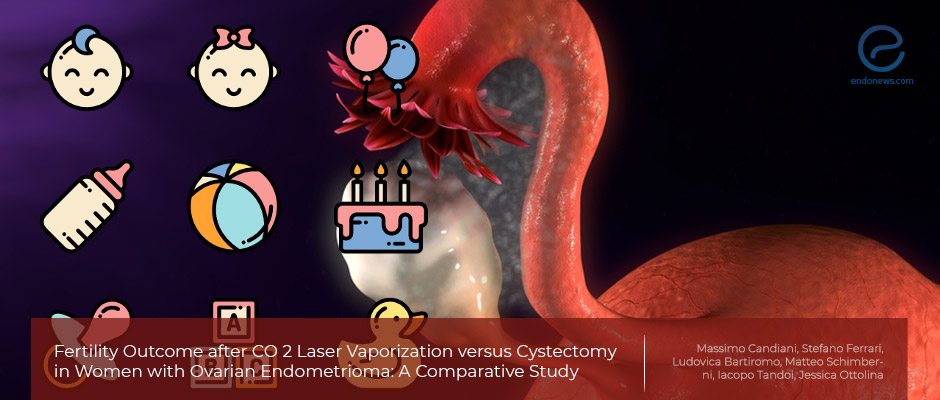
 By Hale Goksever Celik
By Hale Goksever Celik
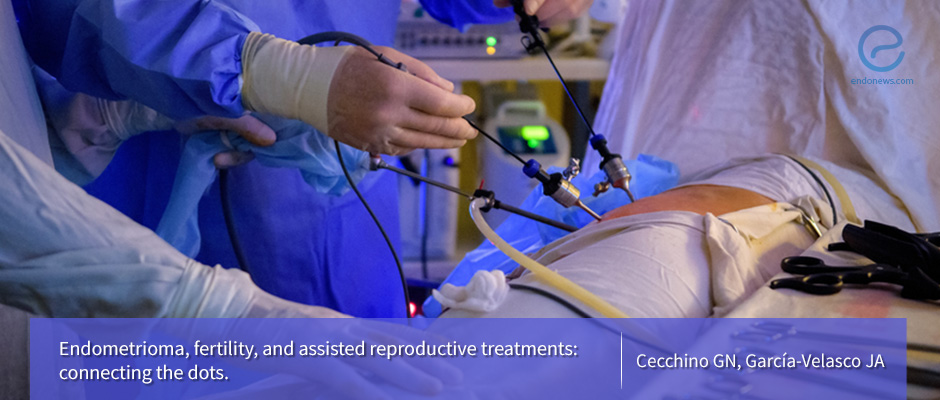
 By Dr. Youngran Park
By Dr. Youngran Park

 By Özge Özkaya
By Özge Özkaya